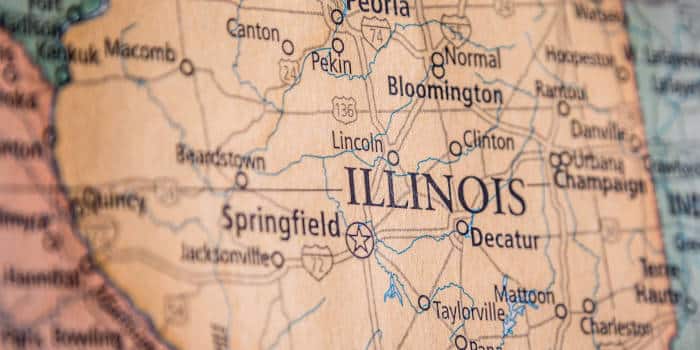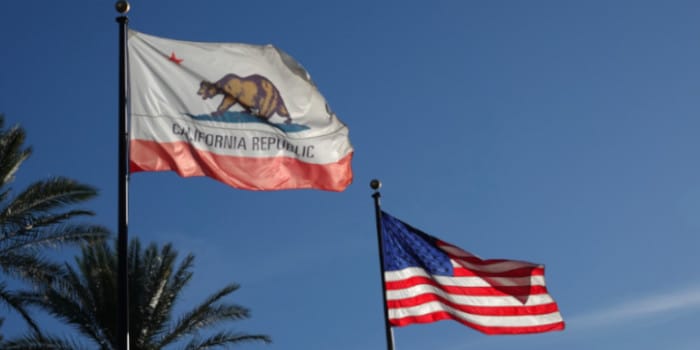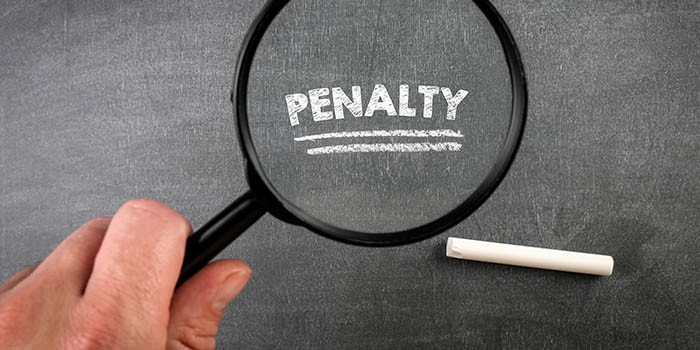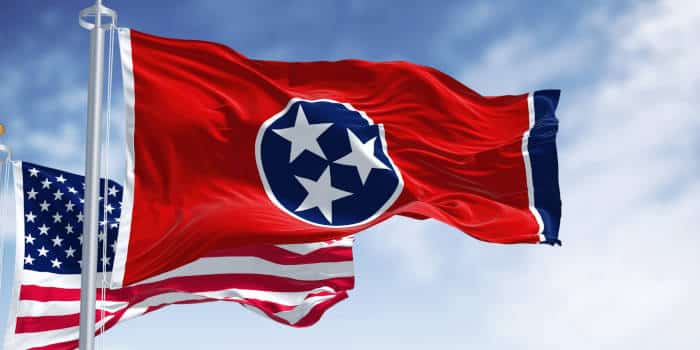- Casino
- By State
- Alabama
- Alaska
- Arizona
- Arkansas
- California
- Colorado
- Connecticut
- Delaware
- Georgia
- Florida
- Hawaii
- Idaho
- Illinois
- Indiana
- Iowa
- Kansas
- Kentucky
- Louisiana
- Maine
- Massachusetts
- Maryland
- Michigan
- Minnesota
- Mississippi
- Missouri
- Montana
- Nebraska
- Nevada
- New Hampshire
- New Jersey
- New Mexico
- New York
- North Carolina
- North Dakota
- Ohio
- Oklahoma
- Oregon
- Pennsylvania
- Rhode Island
- South Carolina
- South Dakota
- Tennessee
- Texas
- Utah
- Vermont
- Virginia
- Washington
- West Virginia
- Wisconsin
- Wyoming
- By State
- Slots
- Poker
- Sports
- Esports
Gambling Expansion in Washington Faced with Tribal Opposition

Tribes in Washington are keen to hold to state monopoly of sports betting and gaming, relentless at suggestions that private business owners should be allowed a slice of the pie as well.
SB 5212 Leads Division Between Private Owners and Tribes
Washington State stands to benefit big time from the expansion of its gambling industry. And yet, during the State Senate Committee hearing last week, some 1,800 people had signed to attend online. Participants were either opposing or endorsing SB 5212, the proposed piece of legislation seeking to expand gambling to private card rooms and racetracks in the hopes of turning the state more competitive in terms of revenue.
Yet, of those 1,800 signees, some 1,041 opposed the bill. Some 17 lobbyists tuned in on behalf of 14 of the 29 federal Native American tribes. Tribes are unwilling to relent their grasp of the exclusive compacts with the state, granting them powers to run sports betting and gambling businesses.
The tribes are not to blame, as gambling has been one of their key sources of income and they have every right to push back against a legislation that they perceive as endangering their livelihoods. Yet, what’s interesting here is the sheer amount of money that has been disbursed to sway public opinion.
According to records by lobbyists, some $1.16 million were paid by tribes to oppose state politicians and whip up legislative support for curbing any attempts to expand gambling that puts tribes at a disadvantage.
With tribes generating 82% of the total revenue from sports betting, the total amount at $3.43 billion, they are the de-facto monopolist on sports betting in the state, allowed in the District of Columbia presently.
Does monopoly hurt the state? Not necessarily so. Tribes are already paying generously back to the state coffers. However, the argument goes that in the lack of an online sports betting, Washington may be missing out on big money. Yet, tribes are not too afraid to speak up their minds.
Tribal Association All Daggers Drawn
Washington Indian Gaming Association (WIGA) executive director Rebecca George has openly criticized lobbyists, arguing that Native American communities were trying to feed people, not enjoy a spoiled lifestyle.
Put this way, tribes mistrust card room owners. They believe these business owners are trying to bypass any expansion of gambling that would be introduced by SB 5212. Rather, they want to replace it with mobile gaming, which would bite into tribal income.
Proponents of the bill argue that it would enable both card room owners and tribal casinos to operate mobile gaming – albeit restricted on-site of these properties. George has reposted that Native American communities were often rural and led more isolated lifestyles. That made them more dependent on unchallenged gambling revenue.
Some business owners have been openly opposing – or at least remonstrating – against the tribal monopoly. Maverick Gaming CEO Eric Persson simply explained that tribes “want sports betting for themselves,” something he objected to.
Maverick has been spending money to argue the case for sports betting and mobile gaming. The state shouldn’t restrict these activities to tribal operations, the company says. Persson has also objected to some of the political levers that have been used to block private businesses. He described these practices as “disingenuous engagement.”
Match the Economic Impact, Says WIGA
WIGA remains adamant, though, that it must protect its interests. Put this way, tribal casinos generate 23,000 jobs. They also provide the state with a steadfast revenue income without paying sales tax. Salaries generated by the workforce are usually spent back in other businesses, as tribes focus purely on casinos.
According to WIGA, the state is enjoying around $722 million back in revenues annually thanks to tribal contributions. That is a sizable sum no less. However, as SB 5212 is likely to be a recurrent topic, tribes, the state and private business owners ought to find a middle ground that benefits all.
The question here is, does tribal quasi-monopoly on sports betting and gaming actually hurt the state’s revenue from the activities?
Related Topics:
Mike made his mark on the industry at a young age, consulting for companies that would later become regulators. As one of the lead editor of Gambling News, he dedicates his weekdays to this project, aiming to educate the masses on the latest developments in the gambling circuit. His expertise and passion for the industry make him an invaluable asset to our team.
Next Article


Legal
February 15, 2021
Hard Rock International's Digital Growth Would Be Exciting to Watch
Must Read
More Articles






Lottery
July 18, 2025
Man Wins $1M from 2 Powerball Tickets
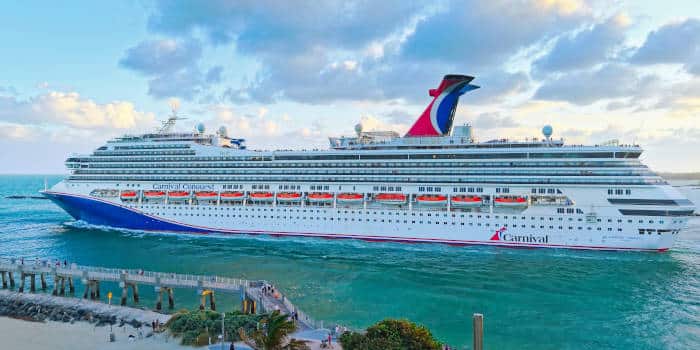
Industry
July 18, 2025
Carnival Corporation Becomes Member of AGA

Casino
July 18, 2025
Evolution on Q2 Results: “2025 Will Be a Great Year”

Poker
July 17, 2025
Michael Mizrachi Takes WSOP Main Event, Wins $10M

Industry
July 17, 2025
New Jersey Gaming Posts $581.6M in Revenue for June


